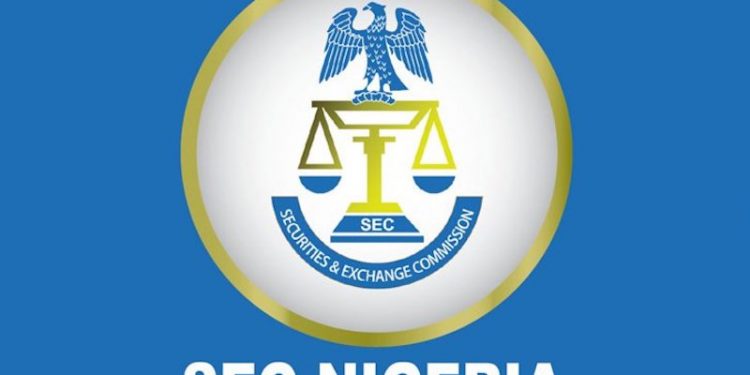The increasing debt service of Nigeria is an economic threat to the country, the Securities and Exchange Commission declared on Thursday. But this might not stop the Federal Government from borrowing to fund the 2021 budget, as the Minister of Finance, Budget and National Planning, Zainab Ahmed, insisted that government had to borrow.

In January, Nigeria spent almost N2tn on debt servicing payments from January to September 2020, based on data obtained from the Debt Management Office.
At the 5th Annual Budget Seminar of the Securities and Exchange Commission with the theme, “Financing Nigeria’s budget and infrastructure deficits through the capital market,” the SEC also stated that shocks to commodities were affecting revenue generation.
It disclosed this in a presentation delivered by the Head, Economic Research and Policy Management Division, Office of the Chief Economist, SEC, Afolabi Olowookere. The commission said, “Total public debt has increased from N5.24tn in 2010 to over N32tn in 2020.
Still fine at around 20 per cent of GDP (Gross Domestic Product). “But rising debt service is a threat. Also shocks to commodities price (are) affecting revenue. And low tax to GDP ratio. “Moving towards improved sustainability may require future debt tied to revenue-generating projects.”
Financial experts say the country needs needed fundamental and far-reaching reforms in order to address deep-seated structural problems with the country’s economy, siting that despite decades of attempts to diversify, Nigeria remains dependent on oil for 90% of its export earnings, which owes partly to the fact that almost two-thirds of the economy remains in the informal sector. Also, economic growth has remained sluggish despite a rapidly growing population.
Nigeria’s biggest economic problem, however is the country’s growing public debt. Analysts say that while the country’s debt as a proportion to GDP is a reasonable twenty percent, debt servicing costs make up fully two-thirds of retained government revenue, a startlingly high figure and a datum its government goes some lengths to de-emphasize.
Another problem facing the country is that while most developing countries take advantage of concessionary financing from the World Bank or other international institutions, Nigeria’s debt profile is now increasingly made up of commercial debt. Observers say without an honest and frank government acceptance of the situation, Nigeria’s chances of escaping its self-inflicted debt trap are vanishingly small.















